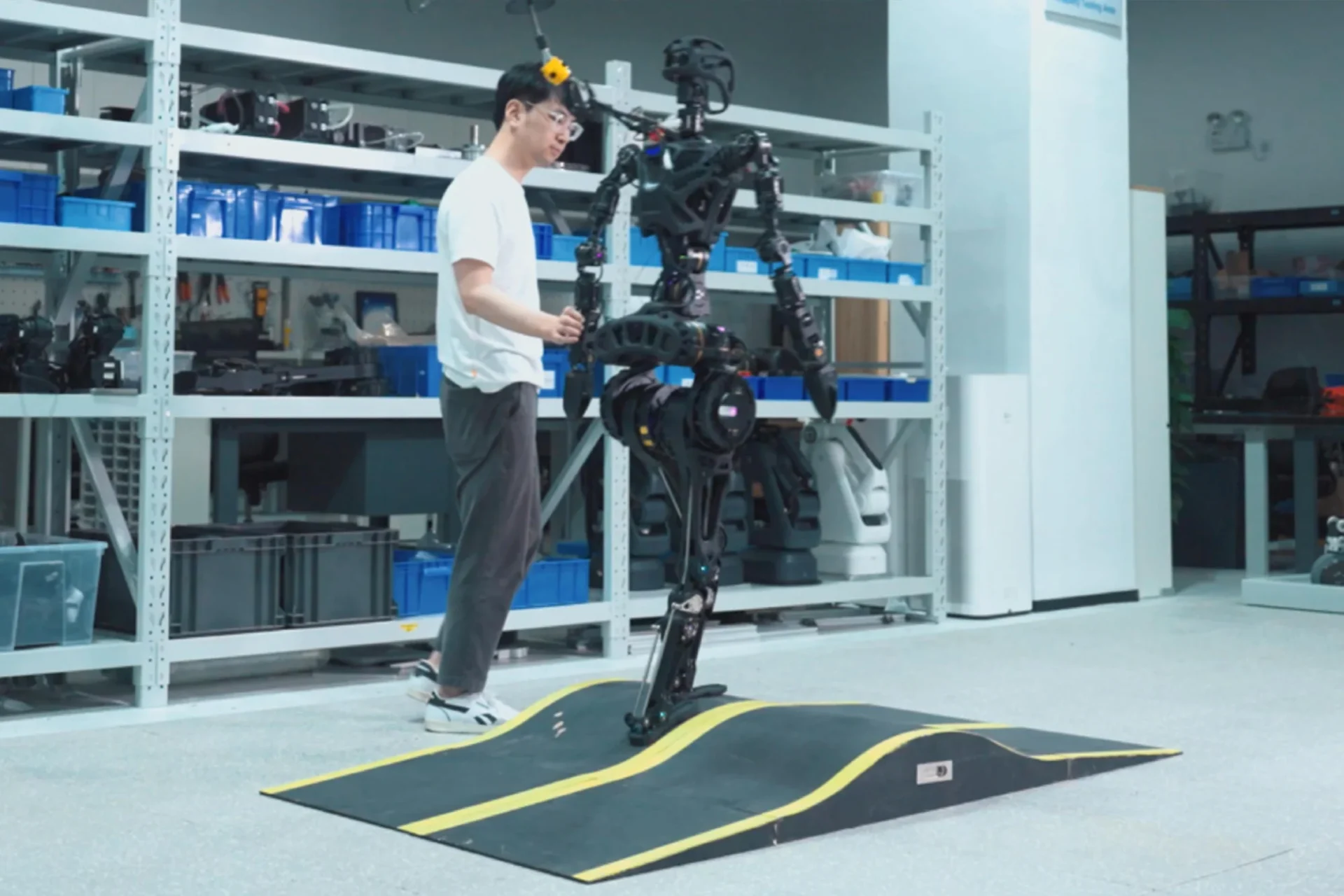During the 7th Future Investment Initiative (FII) in Riyadh, Saudi Arabia, known as “Davos in the Desert,” a notable interaction took place between Chinese start-up entrepreneurs, mainland financiers, and Ray Dalio, the founder of Bridgewater Associates. In a gathering of global business leaders, Dalio emphasized the importance of diversification and adaptability in business strategies, using the Chinese idiom “Smart Rabbit has three burrows” to underline his point.
This event, highlighting the intersection of business and innovation, also served as a platform for networking with key Saudi executives from Aramco and the Public Investment Fund (PIF). The discussions and insights gained from the conference have spurred Chinese entrepreneurs like Bill Huang Xiaoqing, CEO of Dataa Robotics, to consider the Middle East as a potential market for expansion, recognizing the region’s depth and potential similar to China’s boom in the 1990s.
The Middle East is increasingly becoming a hub for technology-driven start-ups, seeking to diversify its economy beyond oil. This shift aligns with the current global economic climate, where traditional growth models are being reevaluated in light of political tensions and economic slowdowns. China’s own economic growth, once at a meteoric pace, is now stabilizing, prompting Chinese companies to explore new markets. The Middle East, with its burgeoning tech sector and focus on sustainable development, offers a fertile ground for these explorations.
The Gulf Cooperation Council (GCC) and China have witnessed a surge in trade, surpassing that with the US and euro area combined. The Middle East and North Africa (MENA) region’s untapped trade potential with China is estimated at US$178 billion until 2027, presenting significant opportunities for Chinese businesses. The recent slowdown in GCC’s oil-driven economy further opens doors for non-oil sectors to contribute to regional growth.
Chinese companies are aligning their business models to meet the needs of Middle Eastern countries, focusing on products that foster a sustainable lifestyle and contribute positively to humanity. Investment in sectors like renewable energy, artificial intelligence, electric vehicles, and medical technologies is gaining momentum, with significant deals already in place and more on the horizon.
The Middle East’s commitment to renewable energy and AI, as highlighted by PIF’s governor Yasir Al-Rumayyan, aligns with the goals of Chinese entrepreneurs. Companies like Fourier Intelligence and WeRide have made successful investments in the region, with Fourier receiving backing from Prosperity 7 Venture, a fund of Saudi Aramco, and WeRide obtaining the first self-driving license in the UAE.
These developments are not just confined to Saudi Arabia; other Gulf nations are also diversifying their economies through sustainable and renewable energy and tech investments. For Chinese companies looking to expand into the Middle East, adopting global perspectives while localizing their products is key. Learning from the experiences of foreign companies in China can provide valuable insights for these companies as they navigate the unique challenges and opportunities of the Middle Eastern market.
READ MORE:
